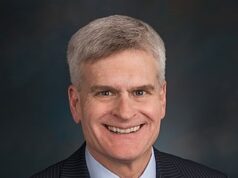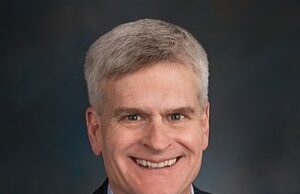WASHINGTON, D.C. – (RealEstateRama) — On July 17, 2018, Brett Kavanaugh, a Judge on the U.S. Court of Appeals for the District of Columbia Circuit, was nominated to be the next associate justice of the U.S. Supreme Court.
In 2016, Kavanaugh authored an opinion for a panel of judges on the U.S. Court of Appeals for the District of Columbia Circuit considering an appeal of the Consumer Financial Protection Bureau (CFPB) enforcement order in PHH Corporation vs. CFPB. The CFPB had found that PHH, a non-bank mortgage lender, had violated the Real Estate Settlement Procedures Act (RESPA), which generally covers closing costs and third-party costs in connection with mortgages. In his opinion, Kavanaugh went beyond the merits under RESPA to rule that the CFPB’s current single-director structure is unconstitutional. More specifically, Kavanaugh’s found that the President must be able to remove the CFPB Director without cause, a ruling that if it became law, would eliminate the independence of the CFPB from political manipulation.
Ultimately, the full D.C. Circuit Court rejected Kavanaugh’s reasoning and issued its decision that the CFPB structure is constitutional and that the president can only remove the CFPB Director for cause.
Kavanaugh’s history as a political appointee and his judicial record has concerned various state and national civil rights organizations across the country. The mission of the CFPB–and the agency as a whole–could be at risk of being undermined or dismantled if Kavanaugh is confirmed to the Supreme Court.
Center for Responsible Lending Executive Vice President Debbie Goldstein released the following statement in response to Kavanaugh’s nomination:
“Payday lenders and their allies in Congress have consistently tried to weaken CFPB’s authority for meritless and political reasons. Brett Kavanaugh is someone who’s made common cause with that effort. Let’s not forget that 10 years ago, our economy suffered through a painful recession that was spurred by ineffective oversight of financial practices–which is why the creation and preservation of the CFPB and its leadership structure is paramount. Having a judge confirmed to the U.S. Supreme Court who is anti-consumer and believes that the CFPB structure is unconstitutional is alarming and should concern consumers across the country.”
For more information or to arrange an interview with a CRL spokesperson, please contact Ricardo Quinto at ">.

















